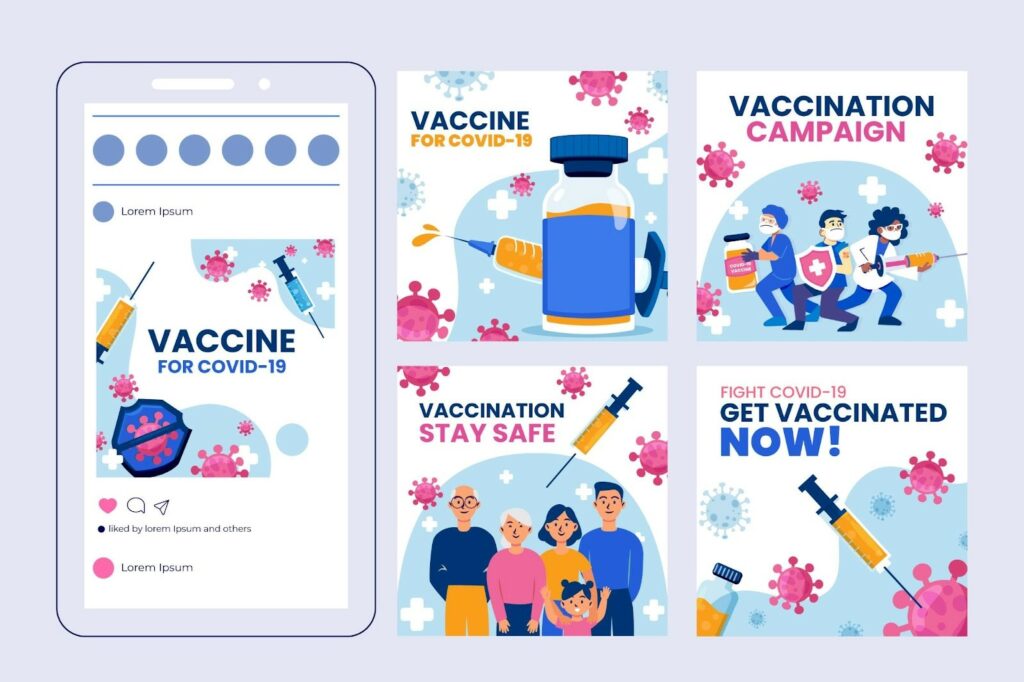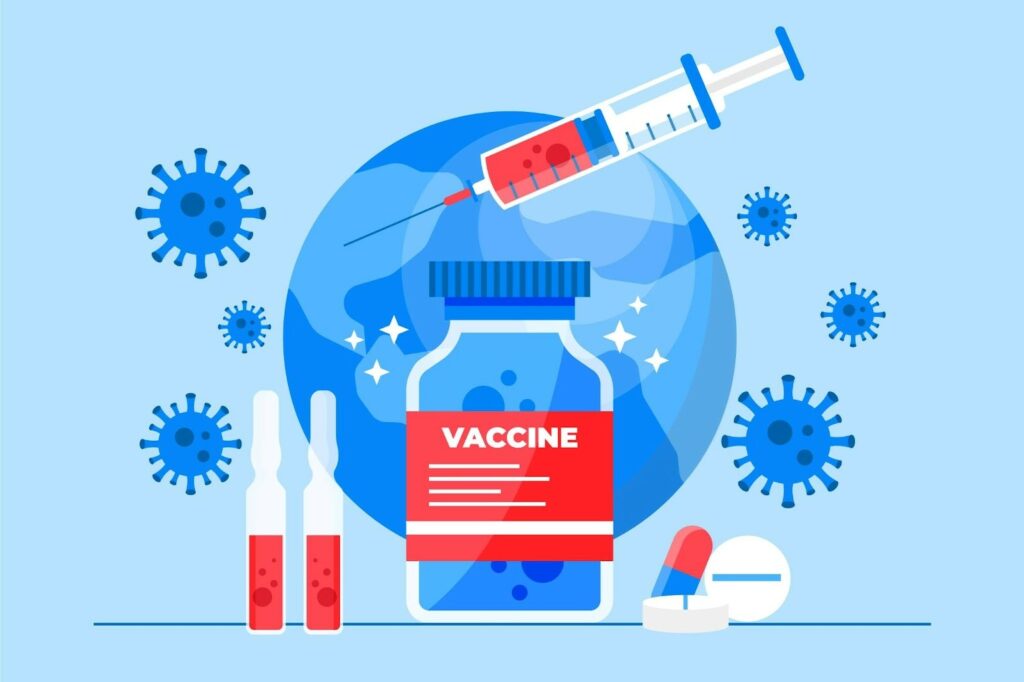Table of Contents

Health experts are saying that most Canadians are still safe from the virus, but they’re keeping an eye out for any potential sub-variants.New vaccines are set to be released in Toronto and across Canada this fall, and health officials are predicting that Canada could be in for a fall wave of the virus. Reports of positive tests and more hospitalizations are on the rise, and health officials in Toronto are also seeing a slight rise in some activity. The city’s latest data shows that the average number of new cases each week and the number of out-of-school cases have been steadily increasing over the last 30 days. Most people in Canada have been vaccinated, but health experts are warning that there’s still a risk of long-term health effects from first or repeat infections, and there are still some sub-variants out there that could pose a risk. Here’s what you should know about the COVID-19 booster and if you should get it.
Does this increase in COVID cases mean we should be worried?
Health officials say it’s likely, especially as people stay inside more during the colder months. “Predictably, we’ll see an increase in the number of cases as we move from summer to fall,” said Isaac Bogoch from University Health Network. TPH says the community level of transmission in Toronto is still pretty low, so there’s no need to worry right now. “We always see an uptick in COVID activity in the fall, so we’re keeping an eye on the data and seeing if there’s an early start,” Armstrong said.
It’s no surprise that sub-variants of the virus are playing a role in its spread, according to Dr. Fahad Razaq of St. Michael’s Hospital. “The virus mutates to survive,” he said. One particular sub variant — a lineage called BA.2,86 — has been getting a lot of attention from the medical community, especially since it was first spotted in the US, Denmark, and Israel. “It’s a very aggressive strain with over 30 mutations,” Razak said, adding that it’s something to keep an eye on over the next few weeks. “We don’t know if it will cause a more serious illness,” he added.
Hybrid immunity: What is it and how does it protect me?
Hybrid immunity, also known as pre-existing immunity, is a combination of a vaccine and an infection that allows the immune system to better recognize and fight off the virus. According to a recent study, as of March 2023, three-quarters of the U.S. population had detectable anti-COVID-19 antibodies from pre-existing infections. “People can still get COVID, but their risk of getting a serious illness from the virus is reduced”, said Bogoch. Health officials note that anti-COVID antibodies can wane over time and become more challenging for a person’s body to detect.

Should I Get the updated COVID-19 Booster?
Booster shots are expected to bolster Canadians’ immunity this fall, significantly as drug makers have modified vaccines to better match current circulating strains. Canada’s national vaccine advisors are already recommending an updated dose when fresh vaccines arrive. According to TPH, the latest booster should protect against all significant subsets of the virus, except for the BA.2,86 strain. If you’re considered at high risk, TPH recommends getting the updated vaccine when it’s available. Seniors aged 65 and over, long-term care home residents, pregnant women, those with underlying medical conditions and those who are pregnant are high-risk individuals. For adults who aren’t considered high-risk, officials still recommend the jab. Health experts say it’s ultimately up to each individual to decide if they want an additional layer of protection. “There are many healthcare providers who can help navigate the complexities and nuances of each clinical decision,” Bogoch said.
What if I’m behind on my last COVID-19 booster?
If you’re behind on your boosters, NACI and Ontario’s Ministry of Health are advising people who aren’t high-risk to wait until booster shots are available in the fall. The next round of vaccines is likely to be monovalent, meaning they’ll target specific sub-lineages of the Omicron strain, according to NACI in July. Because they can better target circulating strains, the updated vaccine “should provide better coverage” than the current vaccines, Armstrong said.
When will the COVID-19 boosters be available?
The new wave of booster shots hasn’t yet been approved in Canada or the United States, experts say. They’re still weeks away from being released, but they’re expected to hit shelves this fall.
Reference
1.
Want a COVID-19 booster? Experts say most Canadians should wait for updated shot
https://www.cbc.ca/news/health/fall-wave-booster-shot-updated-1.6947033
2.
Get another COVID-19 booster in the fall, Canada’s immunization panel recommends
https://www.ctvnews.ca/health/coronavirus/get-another-covid-19-booster-in-the-fall-canada-s-immunization-panel-recommends-1.6475413
